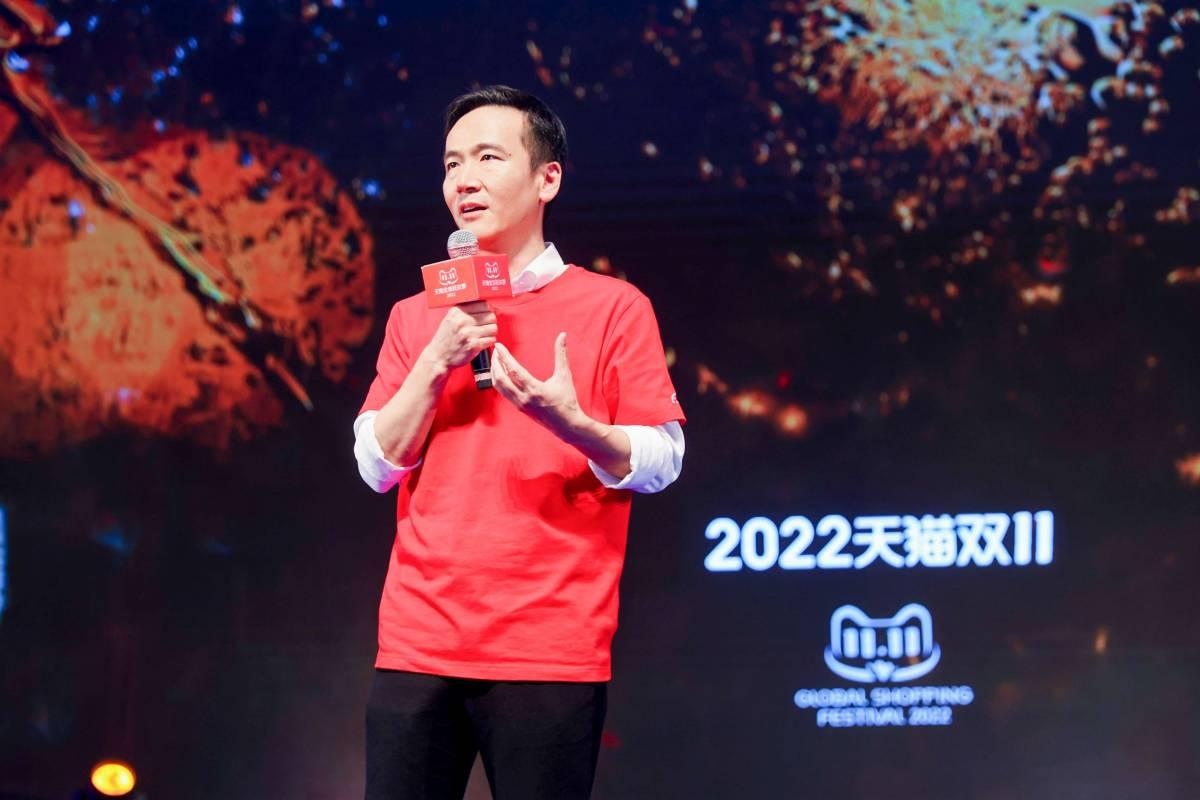Alibaba Cloud Champions Clean Energy During 11.11 Shopping Festival
By Ivy Yu
Alibaba Group’s computing arm Alibaba Cloud boosted its use of clean energy and leveraged cloud-native technology to make this year’s 11.11 Global Shopping Festival its most eco-friendly to date.
Alibaba Cloud used over 32 million kilowatt-hours of electricity to support this 11.11 from clean energy, a 30% jump on an average daily basis from last year.
Clean energy, paired with cloud-based technology, powered many of the customer engagement tools rolled out across Alibaba’s marketplaces during 11.11, also known as Double 11 or Single’s Day.
“Technology of the future must be green, inclusive, and open-sourced,” said Alibaba’s Chief Technology Officer Cheng Li at the company’s Hangzhou campus last week.
Alibaba said it is on track to power its global data centers entirely by clean energy by 2030. It doubled clean energy use at its five hyper-scale data centers in China to support this year’s 11.11 from last year. And its Heyuan hyper-scale data center in Guangdong province in Southern China already consumes 100% clean energy.
The Hangzhou-based group also made this year’s 11.11 greener by leveraging its carbon management platform Energy Expert to help brands reduce carbon emissions.
The platform has helped over 40 brands on Alibaba’s business-to-consumer platform Tmall measure their carbon footprint and tools to cut carbon emissions.
More Cloud, Less Energy
Alibaba platforms made the most of the group’s self-developed cloud-native and serverless technologies during 11.11, to save computational resources and cut costs.
Alibaba slashed computing costs per resource unit for itself by 8% year-on-year, between April 1 and Nov. 11. By tapping its newly-launched cloud-native infrastructure system, Alibaba Cloud increased the computing, storage, and network efficiency in its data centers supporting Double 11 sales.
For the first time, the company moved the front page of the e-commerce platform Taobao to its serverless infrastructure. This means that developers at Taobao can run applications without having to manage servers and access computational resources based on actual real-time demand (versus potentially buying too many resources in advance).
The enhanced scalability also ensured that consumers could place orders, pay and receive refunds even during peak shopping hours.
For this year’s retail event, Alibaba pioneered a cloud-based in-memory database service called ApsaraDB for Redis Enhanced Edition.
The service enables the shopping carts on the Taobao and Tmall app to expand their loading capacity from 120 to 300 items. Consumers can also organize goods in their shopping carts into different groups to have a clearer view of their shopping list, thanks to the support from the database service.
Please refer to https://www.alizila.com/esg/ for additional information about Alibaba’s sustainability efforts.
View original content here



